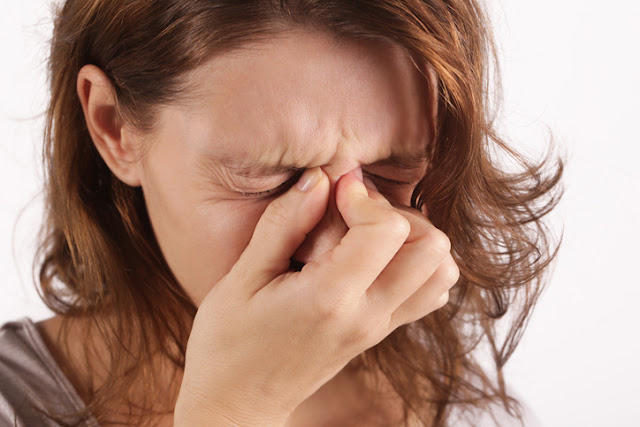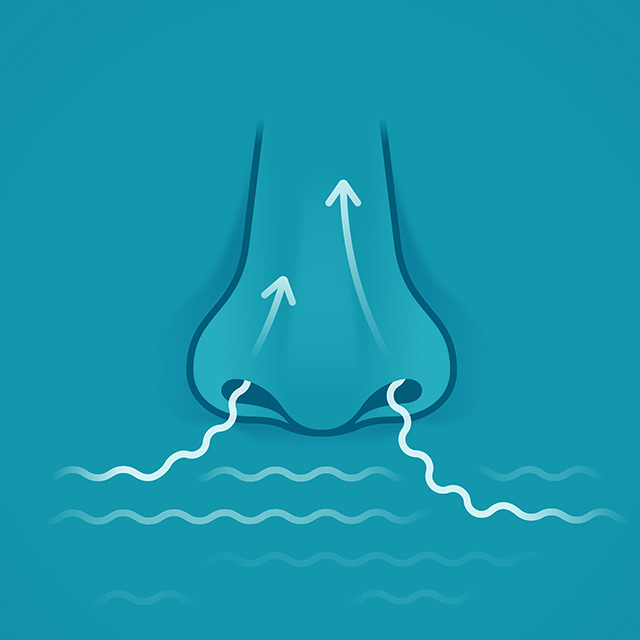What are Nasal Polyp Problems ?

Nasal polyps may present in patients who report perennial nasal congestion, obstruction, and anosmia or hyposmia. In contrast to many individuals who have chronic rhinosinusitis without nasal polyps who present with headache and facial pressure and pain, patients with nasal polyposis generally do not report those symptoms unless they have a concurrent infection. Nasal polyps typically are semitranslucent, pale, gray masses in the nasal cavity. Nasal polypectomy is a surgical procedure to remove polyps located in the nasal passages. Nasal polyps affect 2-5% of the population and may occur in association with chronic rhinosinusitis, cystic fibrosis, Kartagener syndrome, Samter triad (asthma, nasal polyposis, and aspirin sensitivity), or as an isolated phenomenon. Children with nasal polyps should be evaluated for cystic fibrosis. Studies suggest both allergies and a family history of nasal polyps are predisposing factors in the growth of nasal polyps. The role of environmental exposure t...



